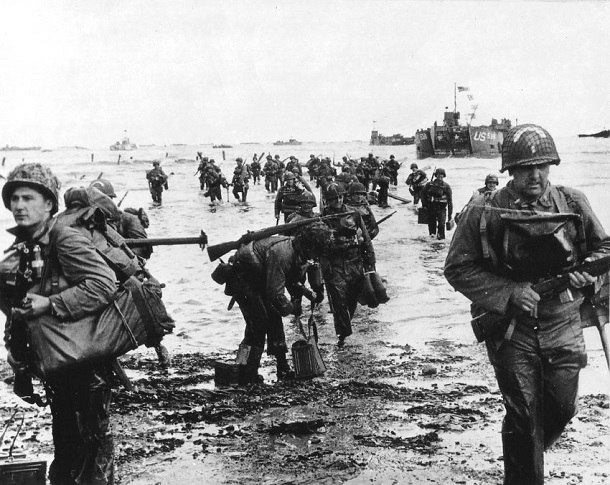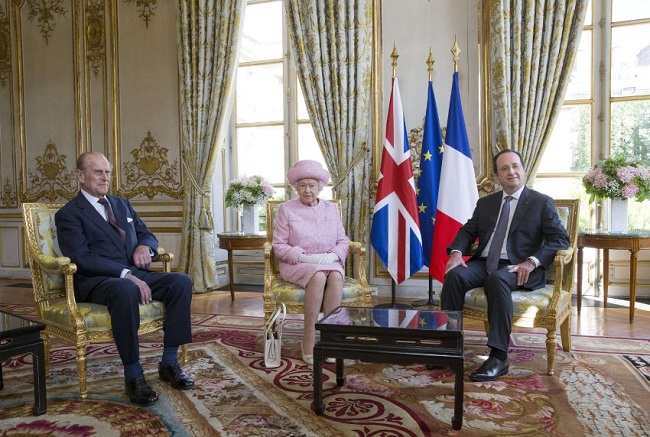France and Britain have won the Second World War, but the crucial European power is today Germany. For the statics of the EU that could be dangerous.
The June 6, 1944, at which the Allies landed in Normandy, was not only the beginning of the end of World War II. It was also the day that has influenced the rest of the 20th century decisively. The day on which the post-war European order first apparent real. An order determined by the fact that there are four states were with France, Britain, the U.S. and the Soviet Union, which were referred to as “the victors” – and with Germany a country that had lost the war.
If now commemorate leaders and heads of state on the beach of Ouistreham the 70th anniversary of this so-called D-Day, the weights have moved decisively. This is not so much that Putin to the attention of the public media are particularly directed at present, in Ukraine crisis pervades its geostrategic game. But the fact that the representatives of France and Great Britain are so weak in decades.
Like Winston Churchill, Margaret Thatcher and Tony Blair have been following on the British, Charles de Gaulle, Valéry Giscard d’Estaing and François Mitterrand to the French side also very different goals – European policy they have dominated all of them. From David Cameron and François Hollande, however, it is, after their crushing defeats in the European elections, that one must take them into consideration. Consideration? The one takes commonly on school children, to the old and sick.
Europe D-Day Anniversary:Unforeseeable consequences

Putin’s current course may be dangerous. As much disastrous for Europe but could in the medium term prove to the political crisis in the UK and France – it is not only for the demise of a victorious power (France) and for the withdrawal of the other (UK) in self-imposed isolationism. But also for an impending shift in the European statics that could bring the whole system to falter – with, as they say casual, unforeseeable consequences.
If the British were completely avert 2017 announced by Cameron referendum of Europe, this would be a devastating blow. And an exit of France, as called for election winner and Rechtspopulistin Marine Le Pen, the European Union would hardly survive. But so far it has not come.
In Britain circulated during an economic crisis of saying the country had indeed won the Second World War, but lost the peace. About Germany can be 70 years after the D-Day probably say the opposite: The German Empire lost the war, but the Federal Republic won the peace. Mag Cameron threatened in dispute over Jean-Claude Juncker also with a withdrawal from the EU, Hollande may also call for an end to the European austerity, not the representatives of the two Western European victors currently determine European policy, but German Chancellor Angela Merkel.
The image of the German supremacy is spread appropriately Eurosceptics and fired the European populism. The pace of globalization and the rapid changes that the Europeans are exposed since 1989 may be factors for withdrawal in the corral of the traditional nation-state – another is the feeling of weakness. Have, the less influence Cameron and Hollande in Europe, the stronger the British and French populists.
It may be a balancing act for Merkel, but they can at this symbolic day quite put signals. Then would the D in D-Day, 1944, the abbreviation of “decision” in 2014 not only for Germany but also for a certain humility in the expansion of European interests.
Error, group does not exist! Check your syntax! (ID: 13)



